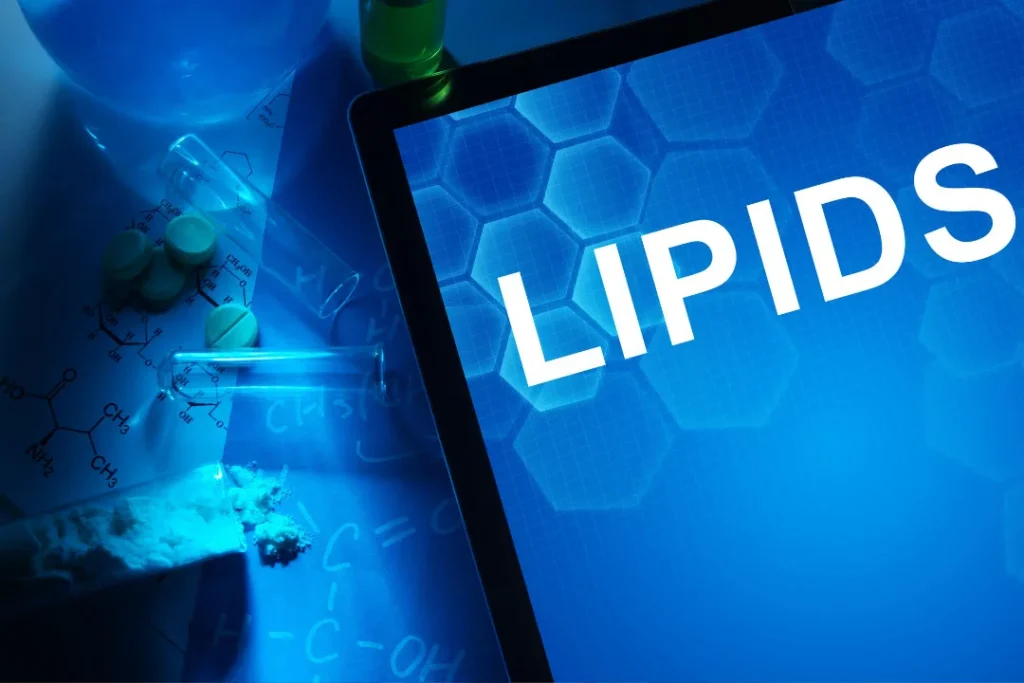Vitamin E is a type of fat-soluble vitamin and it has been
extensively researched for its multiple health benefits, including its antioxidant and anti-inflammatory qualities. The potential of vitamin E as a nootropic is becoming more and more popular as our knowledge of its involvement in cognitive function increases. Specifically focusing on cognitive enhancement, this page digs into the scientific aspects of vitamin E’s chemistry, physiological mechanics, and ideal ethical application.
Vitamin E: Benefits, Dosage, Side Effects, Drug Interactions, And Other Important Information is an original (MedNewsPedia) article.
Nature of Vitamin E
There are tocopherols and tocotrienols in the vitamin E molecule. There are four different types of tocopherols and tocotrienols respectively which are alpha-, beta-, gamma- and delta-. These substances have chromanol rings and phytyl side chains in common, but they differ in the quantity and placement of methyl groups on the chromanol rings. For instance, alpha-tocopherol, a form of vitamin E is more thoroughly researched because of its importance and rapid absorption into the human body. Alpha-tocopherol, which is preferentially absorbed and maintained in the human body, is the most physiologically active and thoroughly researched form of vitamin E.
Health Benefits of Vitamin E
Although vitamin E’s anti-inflammatory and antioxidant properties are well known, research on how it affects and improves cognition is still in its infancy. Among vitamin E’s putative cognitive advantages are the following:
1. Enhanced cognitive function: According to certain research, greater serum or dietary levels of vitamin E are linked to enhanced cognitive function and a lower risk of cognitive decline.
2. Prevention of cognitive decline: The neuroprotective properties of vitamin E may assist maintain cognitive function and postpone the start of age-related cognitive decline and neurodegenerative illnesses.
3. Increased neural plasticity: This research points to a possible role of vitamin E in modifying neuronal plasticity, which is essential for learning and memory functions.

Chemistry of Vitamin E
Because of its capacity to donate an atom of hydrogen from the hydroxyl group on its chromanol ring, vitamin E has powerful antioxidant properties that successfully combat free radicals and shield cells from oxidative damage. By reacting with other antioxidants,, tocopheroxyl radical can be converted back to its reduced form. The redox balance within cells and tissues is preserved by this antioxidant network.
Physiological Mechanism of Action of Vitamin E
Vitamin E is essential for various physiological activities, including membrane stability, modulation of inflammatory responses, and gene expression regulation. Regarding cognitive function, vitamin E’s key mode of action is its antioxidant activity and capacity to protect neuronal cells from oxidative stress:
Vitamin E is a powerful lipophilic antioxidant that protects cell membranes from lipid peroxidation, a process that causes membrane damage and loss of function. Vitamin E preserves the structural and functional integrity of neurons and promotes general brain health by avoiding lipid peroxidation.
Neuroprotection: The antioxidant capabilities of vitamin E have been proven to protect against neurodegenerative illnesses such as Alzheimer’s and Parkinson’s. It reduces oxidative stress, regulates inflammatory pathways, and decreases the buildup of harmful proteins in the brain.

Optimal Dosage of Vitamin E
For adult men and women, the Recommended Dietary Allowance (RDA) for vitamin E is 15 mg/day (22.4 IU/day). The ideal vitamin E dosage for nootropic purposes has not yet been fully determined because studies on cognitive enhancement have employed a range of amounts. To optimize cognitive benefits without producing side effects, it is generally advised to stay within the range of 30-200 mg/day (44.8-298.4 IU/day).
Side Effects of Vitamin E
When taken in accordance with the recommended dietary recommendations, vitamin E is generally regarded as safe. Nonetheless, excessive use may have certain negative effects, such as:
1. Increased risk of bleeding: Large dosages of vitamin E may exacerbate bleeding risks, especially for those using anticoagulants or antiplatelet drugs.
2. Constipation, nausea, and stomach pain: High doses of vitamin E may cause gastrointestinal discomfort.
3. Interference with other fat-soluble vitamins: Too much vitamin E may prevent other fat-soluble nutrients like vitamin K from being absorbed and used by the body.

Potential Substance Interactions with Vitamin E
The following chemicals and drugs may interact with vitamin E:
1. Anticoagulants and antiplatelet drugs: Due to their potential blood-thinning action, vitamin E may raise the risk of bleeding when taken with anticoagulants such as warfarin or antiplatelet medications such as aspirin.
2. Chemotherapy and radiation therapy: Vitamin E may reduce the efficiency of chemotherapy and radiation therapy, two cancer treatments. Before taking vitamin E supplements during cancer treatment, it is imperative to speak with a medical practitioner.
3. Statins and niacin: Vitamin E may lessen the effects of drugs used to treat cholesterol, including statins and niacin. Before taking vitamin E supplements, those taking these medications should speak with their doctor.

Best Responsible Use of Vitamin E
It is crucial to choose a great, easily absorbed supplement if you want to fully unleash vitamin E’s cognitive-enhancing potential. MyPEAK Radiance is a superb source of vitamin E from myPEAK Supplements. Itboasts a synergistic blend for optimum absorption and effectiveness. This special combination combines the benefits of vitamin E with extra nootropic ingredients to support brain health and improve focus. It is designed exclusively for cognitive enhancement.
Vitamin E:
Conclusion
Vitamin E is a powerful antioxidant that is essential to the body. Its role in maintaining good cognitive function and housekeeping brain health is significant. Vitamin E is involved in many processes including protecting the cell membranes from lipid peroxidation and also neuronal damage. Choosing the right supplement for Vitamin E is therefore crucial. Vitamin E that is mixed into myPEAK Radiance contains sufficient vitamin E and other ingredients that can boost the benefits brought upon by vitamin E. By using this supplement, may lead to cognitive enhancement. Yet, words of advice from your doctor is recommended to prevent any antagonistic reaction which involves vitamin E reacting with other compounds.
Important Note: The information contained in this article is for general informational purposes only, and should not be construed as health or medical advice, nor is it intended to diagnose, prevent, treat, or cure any disease or health condition. Before embarking on any diet, fitness regimen, or program of nutritional supplementation, it is advisable to consult your healthcare professional in order to determine its safety and probable efficacy in terms of your individual state of health.
Regarding Nutritional Supplements Or Other Non-Prescription Health Products: If any nutritional supplements or other non-prescription health products are mentioned in the foregoing article, any claims or statements made about them have not been evaluated by the U.S. Food and Drug Administration, and such nutritional supplements or other health products are not intended to diagnose, treat, cure, or prevent any disease.


